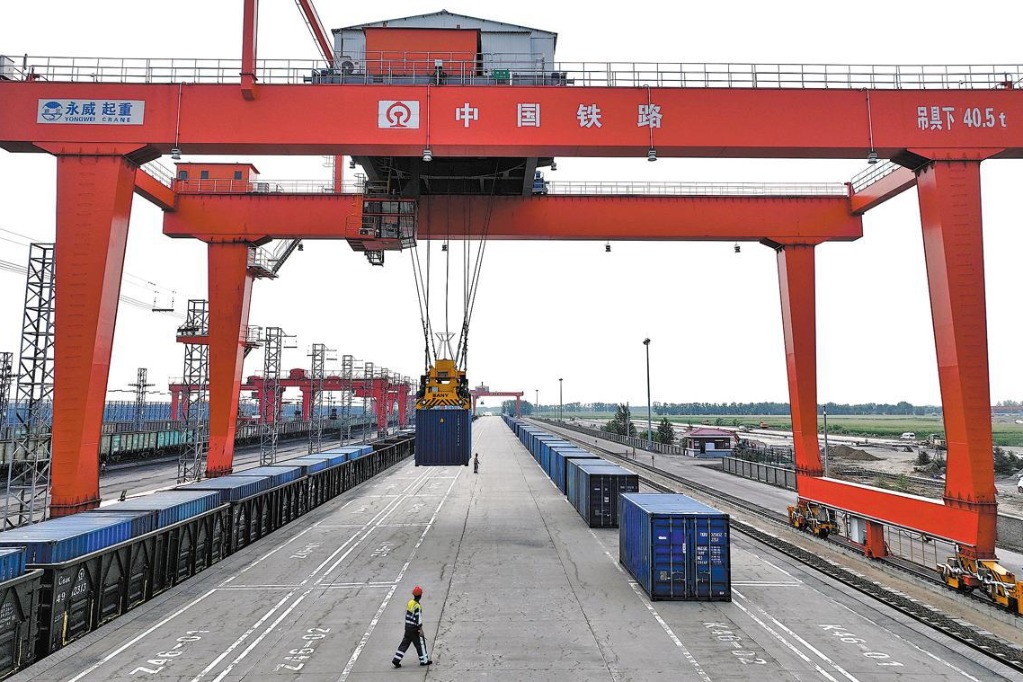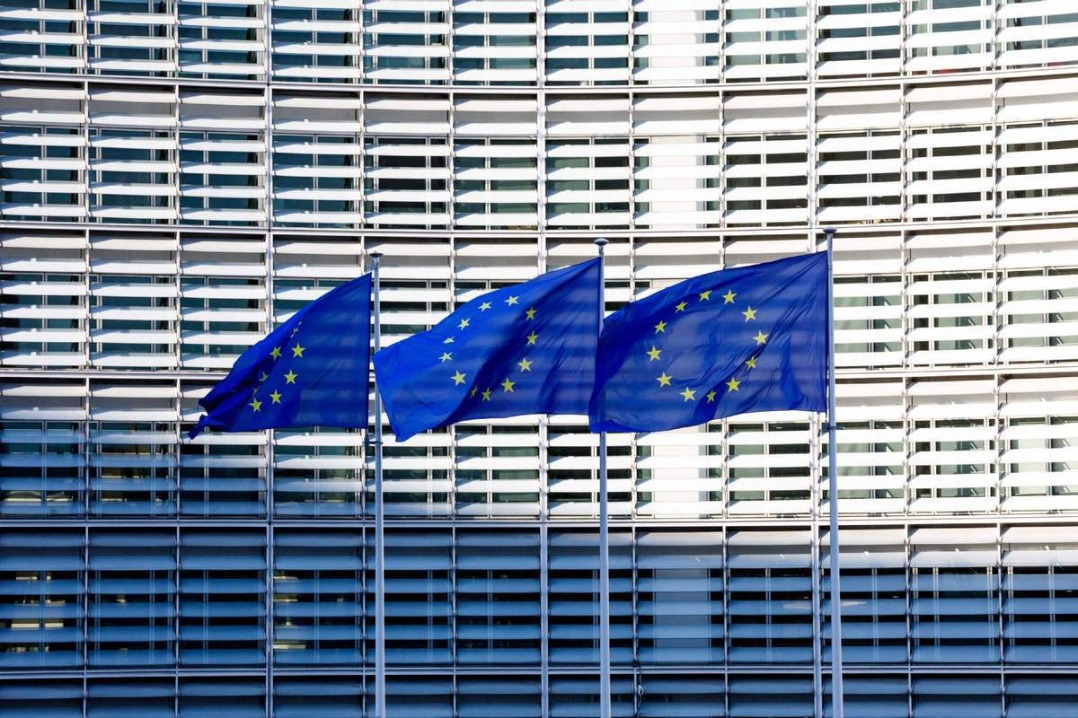Advance notice
Beyond the profound ideals and concepts, the Global Governance Initiative represents a practical vehicle for arriving at a Pax Humana

 WANG XIAOYING/CHINA DAILY
WANG XIAOYING/CHINA DAILY
The Global Governance Initiative put forward by China at the Shanghai Cooperation Organization Tianjin Summit has been rolled out at a time when global governance is at a crossroads characterized by increasingly fragile peace and incoherent leadership in the face of existential challenges. Hegemonic unilateralism is festering at the expense of the global majority's aspirations and unfolding untimely before the global optics at the 80th anniversary of the founding of the United Nations in the most unkind manner. It marks the increasingly untenable rules-based world institutions amid the decline of "Pax Americana".
The Global Governance Initiative presents a multi-dimensional agenda for helping reform global governance with actionable and deliverable initiatives which are entailed in the previous three global initiatives respectively. The Global Development Initiative and the Global Security Initiative form a mutually-reinforcing duo, promoting peace through development and development through peace, while the Global Civilization Initiative provides a Chinese solution to breaking the civilizational silos that impede inter-civilization interaction and understanding, thereby preempting the prophecy of a civilizational clash.
The set of five core concepts underscored in the Global Governance Initiative — sovereign equality, international rule of law, multilateralism, the people-centered approach and real results — portrays an ideal model of global governance that the world should rightfully be striving for. The return of Donald Trump's "America First" policy amid the fading "Pax Americana" has witnessed an intense surge in the predatory exceptionalism and unilateralism, mounting a naked challenge to sovereign equality and international rule of law.
The dysfunctionality of the rules-based global institutions is becoming increasingly pronounced day by day amid the catalyzed fragmentation of international cooperation, thus edging global governance to unprecedented incoherence. The escalating yearning for peace, prosperity and an egalitarian model of global order heralds the advent of a new era. Understandably, the rollout of the Global Governance Initiative at this juncture marks a fresh and aspiring hope on the horizon for the global majority. Concerted global collaboration in the face of mounting existential challenges is now being given a new chance as the global order is pivoting steadily to multipolarity.
But in reality, global peace remains distant, much less beckoning the dawning of Pax Humana. This ideal of fostering peace of humanity calls for a profound shift in human understanding, moving beyond the absence of war to encompass a deeper, more harmonious existence and global unity. It may sound somewhat idealistic, but it is achievable if common sense prevails and overrides human greed and shortsightedness.
In this context, China has taken the bull by the horns. On the one hand, the United States-led West, which has been holding sway in global matters for too long, remains defiant to any moves intended to reform the world order that favors its entrenched interests, more so from China — labeled a systemic rival by the West. On the other hand, some of the developing and underdeveloped countries yearning for change may remain cautious about supporting such bold reform, as misgivings about the mode of a post-reform global governance still loom large among them. Having long been influenced by misguided narratives about China under the cloak of "value dissemination", they fall easy prey to simplistically equating the Chinese proactiveness to shoulder greater global responsibility to the creation of a Chinese-dominated era. The specter of an ideological face-off is again resurrected from the tomb of the Cold War as a geopolitical bogey. Yet, having been denied their aspirations for long, by and large, the Global South countries have good reasons to welcome the Global Governance Initiative.
To make the endeavor deliverable, the inclusion of actionable and result-oriented approach in the Global Governance Initiative agenda is absolutely relevant and imperative. In unison with the other three global initiatives, the Global Governance Initiative is well poised to pursue an egalitarian and multilateral order characterized by inclusivity and symbiosis, leaving no latitude for exceptionalism or hegemony.
The successive rollout of the global initiatives is a clear manifestation of China's commitment to offering public goods and viable solutions for the ailing global governance system that is becoming increasingly untenable amid the present evolving order.
China remains steadfast in pursuing genuine multilateralism as the existing order has long been compromised under the heavy influence of Washington at the expense of the global majority. Any corrective moves for a reform of the global governance system shouldn't be dubbed as synonymous with intentions to supplant the primacy of the reigning hegemon which is idly turning a blind eye to the pressing common challenges confronting humanity.
Looking ahead, the Global Governance Initiative is all set to garner sufficient support worldwide to gain the desired traction through furthering partnerships and cooperation globally.

The author is the president of the Belt and Road Initiative Caucus for Asia Pacific. The author contributed this article to China Watch, a think tank powered by China Daily.
The views do not necessarily reflect those of China Daily.
Contact the editor at editor@chinawatch.cn.


































